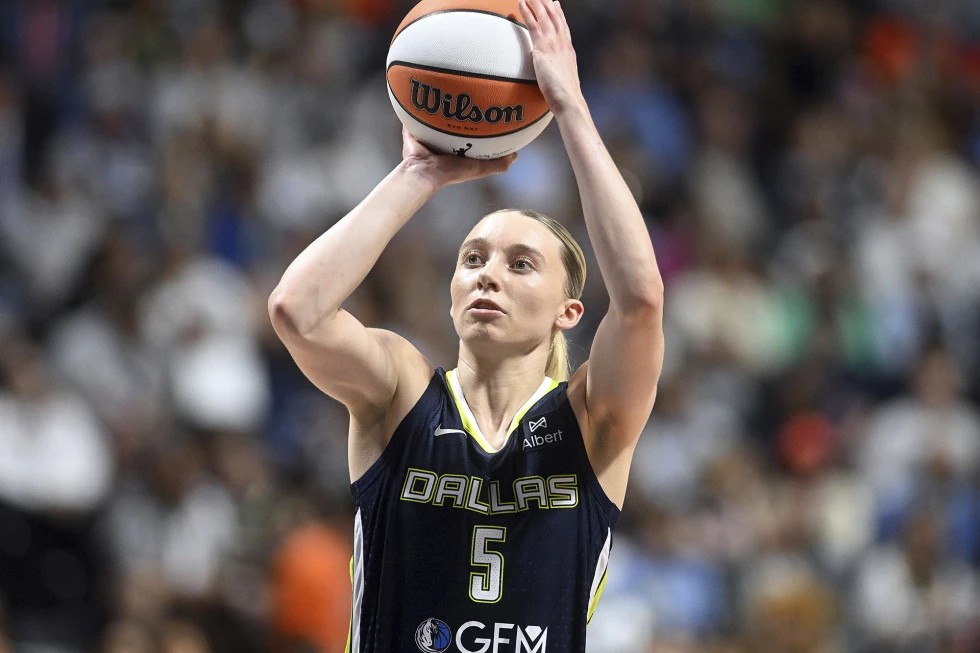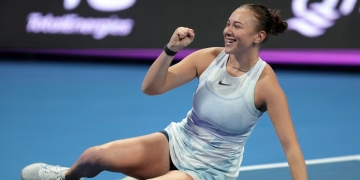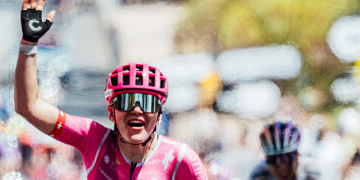
The world of elite sports often paints a picture of unwavering strength and triumph. Yet, beneath the surface, many female athletes are silently battling significant mental health challenges. This includes burnout, anxiety, and depression. From the relentless pressure to perform to the pervasive issue of inequality, several factors contribute to their vulnerability. This makes mental well-being a critical conversation in women’s sports.

The Pressures Piling Up
Female athletes face a unique confluence of internal and external pressures that can profoundly impact their mental health
* High Performance Expectations: The drive for excellence, while a cornerstone of athletic success, can morph into a suffocating burden. The constant demand to win, set personal bests, and justify scholarships or professional contracts creates immense stress. This pressure often extends beyond competition to every training session. The result is a relentless pursuit of perfection.
* Perfectionism: A Double-Edged Sword: While perfectionism can fuel dedication and hard work, maladaptive perfectionism can be incredibly detrimental. For female athletes, the fear of making mistakes, the inability to cope with anything less than flawless execution, and the tendency to internalize failures can lead to significant anxiety, self-criticism, and a heightened risk of burnout.
* External Stressors: Beyond the immediate athletic environment, female athletes often juggle demanding academic schedules, personal lives, and the scrutiny of social media. The constant public eye, coupled with the pressure to maintain a certain image, adds layers of stress that can be difficult to manage.
* Internal Stressors: The internal dialogue of an athlete can be their greatest asset or their biggest foe. Negative self-talk, imposter syndrome, and a constant questioning of their self-worth can erode confidence and exacerbate feelings of anxiety and depression.
The Shadow of Inequality
Unfortunately, gender inequality in sports remains a significant contributor to mental health struggles among female athletes.
* Disparities in Resources and Opportunities: Compared to their male counterparts, female athletes often face fewer opportunities, lower pay, and less media coverage. This can lead to feelings of being undervalued, impacting self-esteem and increasing the pressure to “prove” their worth.
* Body Image and Appearance Pressures: Female athletes, particularly in sports with revealing uniforms, are often subjected to societal and sport-specific pressures regarding body image. This can lead to body dissatisfaction, eating disorders, and a distorted self-perception. This is all strongly linked to anxiety and depression.
* Lack of Representation and Role Models: While progress is being made, the underrepresentation of women in coaching and leadership roles can limit the availability of mentors who truly understand the unique challenges female athletes face.
* Systemic Biases: Implicit biases and outdated stereotypes can lead to female athletes’ mental health concerns being dismissed or attributed to “emotional difficulties” rather than legitimate psychological struggles.

Recognizing the Signs and Seeking Support
It’s crucial for athletes, coaches, parents, and support staff to recognize the signs of mental health struggles. These can include:
Changes in mood, appetite, or sleep patterns
Increased irritability or withdrawal
Loss of interest in their sport or other activities
Negative self-talk or expressions of hopelessness
Frequent injuries or prolonged recovery times (often linked to stress)

Early intervention is key. Creating a supportive environment where mental health is openly discussed and destigmatized is paramount. Here’s how to foster a healthier athletic landscape for women:
* Promote Open Communication: Encourage athletes to talk about their feelings without fear of judgment. Coaches and mentors should prioritize checking in on their athletes’ mental well-being as much as their physical performance.
* Prioritize Rest and Recovery: Emphasize the importance of adequate sleep, proper nutrition, and intentional downtime outside of training. This helps prevent burnout and supports overall mental and physical health.
* Mental Skills Training: Integrate mental performance strategies like mindfulness, visualization, and positive self-talk into training routines. These tools can help athletes manage stress, build resilience, and enhance their overall well-being.
* Access to Qualified Professionals: Ensure readily available access to sport psychologists, therapists, and mental health counselors who understand the unique demands of athletic life.
* Challenge Perfectionism: Shift the focus from flawless execution to growth, effort, and learning from mistakes. Help athletes develop a growth mindset where failures are seen as opportunities for improvement, not reflections of their worth.
* Advocate for Equity: Continue to push for equal opportunities, resources, and recognition for female athletes at all levels of sport. Addressing systemic inequalities can significantly alleviate mental health burdens.
By acknowledging the unique vulnerabilities and proactively addressing the mental health challenges faced by female athletes, we can create a more supportive, equitable, and ultimately healthier environment where they can thrive both on and off the field. Their strength extends far beyond their physical prowess, and it’s time we champion their mental well-being with the same dedication.
MUST READ
Women in Sports: Surging Viewership, Sponsorships & the Fight for True Equity – Athletica Sports
Watkins grabs top honors in Big Ten

Article Written By Viorica Bruni Content Creator and Athletica Sports Editor








































